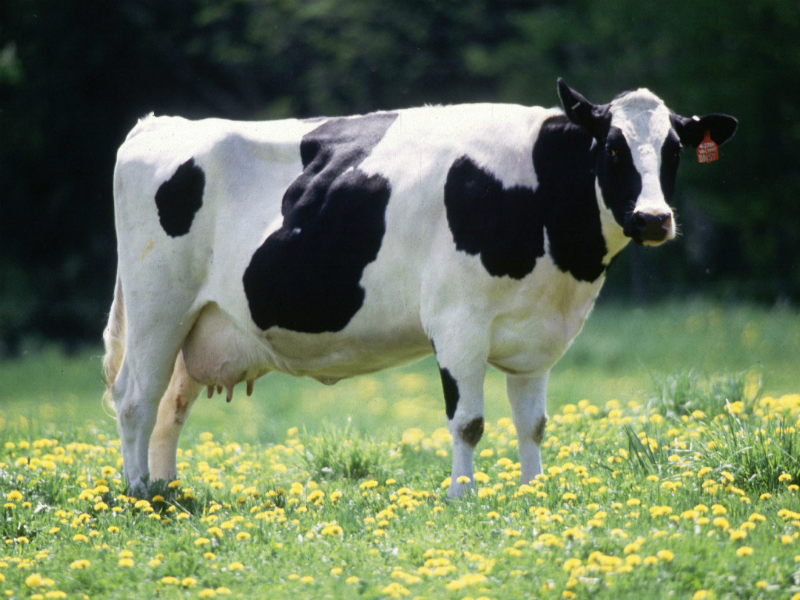In her recent CJN column entitled, “Is eating meat antithetical to Jewish Values?” Barbara Kay is critical of some of the ideas in my book, Who Stole My Religion? Revitalising Judaism and Applying Jewish Values to Help Heal Our Imperiled Planet. In that work, I argue that Jews should apply our values to current issues, such as climate change and the widespread abuses of animals on factory farms and other settings.
Kay is correct that tikun olam, the value of healing and repairing the world, is not the definition of “authentic Judaism.” But can she deny that it is an important part of Judaism? After all, the Torah and other sacred Jewish texts argue that we should pursue peace and justice, treat strangers well, not waste resources, protect the environment, and much more. The Hebrew prophets were the greatest champions of social justice in history.
One reason I wrote my book is that many Orthodox Jews, while commendably strictly carrying out rituals, are not doing enough to apply Jewish teachings to current universal threats, at a time when they are needed perhaps more than ever. It is my belief that some idealistic Jews who are currently alienated from Judaism might return to our faith if they saw more applications of Judaism’s splendid universal values being put into practice in Orthodox communities.
Kay concedes that “concern for animal suffering crops up again and again in the Torah” and that “animal welfare is a Jewish value.” But then she continues by arguing that animal rights advocates assume “a moral equivalence between the lives of humans and animals.” This is not true for me, nor is it true for most people involved in improving conditions for animals. Besides, even if animal advocates did make that equivalence, would it justify animals on factory farms being massively mistreated, contrary to Jewish teachings?
Is it consistent with Judaism, for example, that dairy cows are artificially impregnated annually on what the industry calls “rape racks,” and then their calves are taken away shortly after birth, causing great anguish to both? Or that egg-laying hens are kept in cages so small they can’t raise even one wing, that their beaks are cut off without anesthesia? Psalm 145:9 – “The Lord is good to all; and His tender mercies are over all His works” – which we recite twice daily in synagogues, suggests otherwise.
Kay suggests that I believe vegetarianism, or even veganism, are “demanded by Judaism.” In truth, I claim that Jews have a choice in their diets and that their choice should take into account how animal-based diets are seriously inconsistent with basic Jewish teachings.
It is permissible for a Jew to eat meat within the limitations of the kosher laws, but, given the Torah’s concessionary language, shouldn’t we recognize that vegetarianism and veganism are the diets most consistent with fundamental Jewish values? Several of our greatest authorities, including Abraham Isaac Kook, the first Chief Rabbi of pre-state Israel, thought so. I wonder why so many Jewish scholars and leaders continue to ignore that fundamental truth.
